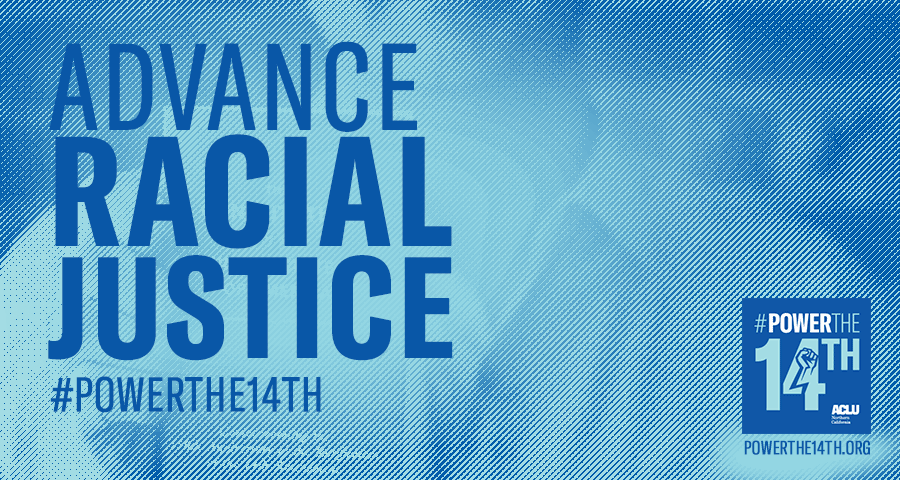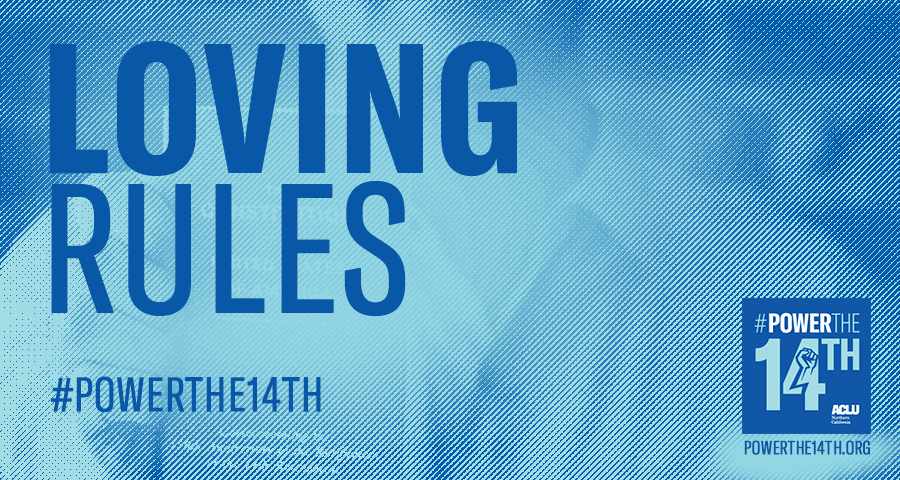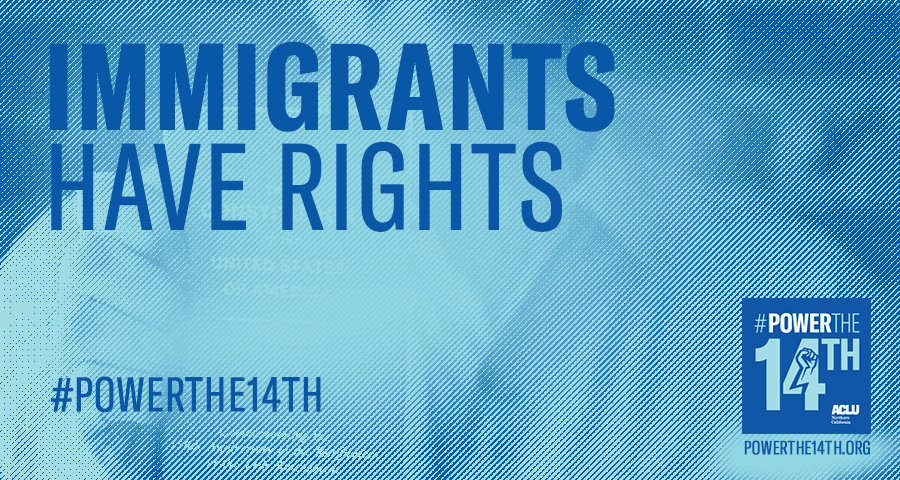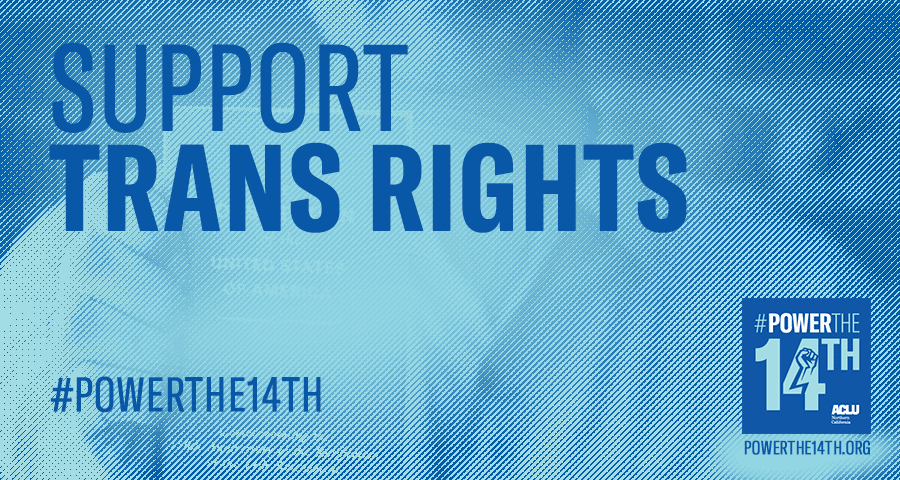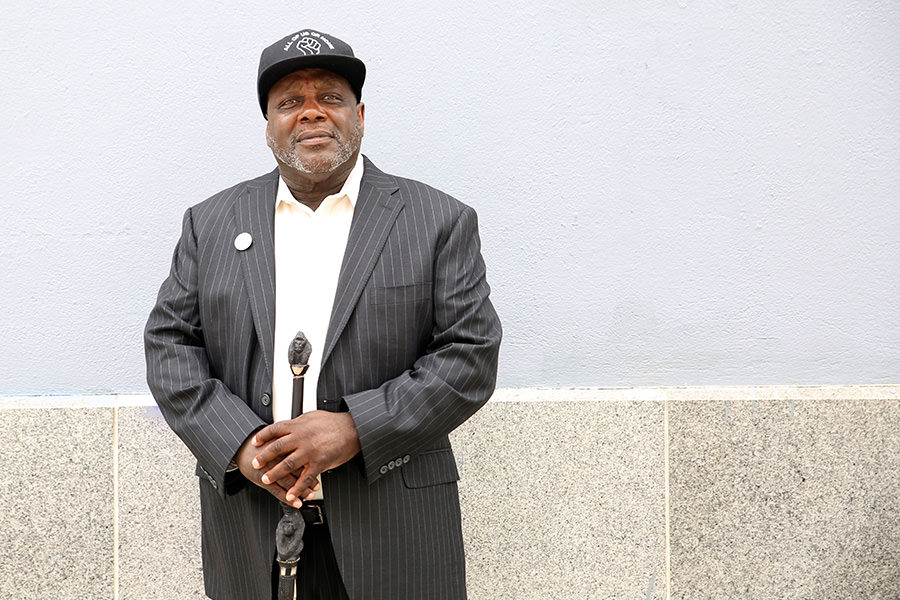
Dorsey Nunn
Legal Services for Prisoners with Children,
Oakland, CA
Dorsey Nunn has been a recognized leader in the movement to restore civil and human rights to current and formerly incarcerated people for nearly forty years.
As executive director of Legal Services for Prisoners with Children and co-founder of All of Us or None, Dorsey Nunn has been a major catalyst for the success of the Ban the Box campaign, which has successfully removed conviction history from applications for public employment in more than 100 cities and eighteen states.
He has also worked to restore the right to vote to people serving time in jail or after completing their sentences. While Section 1 of the 14th Amendment has been key to fighting racial discrimination in the criminal justice system, Section 2 of the 14th Amendment (which deals with representation in Congress after the end of slavery and the three-fifths clause) implies that states can abridge the right to vote “for participation in rebellion, or other crime.” Within just a few years, even officers of the Confederacy who led the rebellion had their right to vote restored and were even serving in office. But today, one hundred and fifty years later, some states continue to deny the right to vote — for life — to people convicted of crimes. So instead of the 14th, Dorsey has used the state courts and state legislation to restore voting rights to thousands in California.
Dorsey is also one of the organizers of Quest for Democracy Advocacy Day, a statewide lobby day in Sacramento led by formerly incarcerated people and families with incarcerated loved ones. He is also deeply involved in the effort to fix our broken and unjust bail system. Dorsey shares his ideas about making the 14th Amendment more than just aspirational, and we believe his work to be a shining example in doing just that.
What does the 14th Amendment mean to you?
I learned to read while I was in prison and when I first got there, the older black prisoners used to talk to us about a lot of things. I still remember those conversations and the fact they talked about Dred Scott and the 14th Amendment.
In many ways, the 14th Amendment still feels aspirational. It symbolizes progress for a lot of people, yet there are still a lot of aspects of citizenship we need to look at, specifically around due process, fairness, equality. We still have work to do. Like if the 14th Amendment had fixed things, we wouldn't still need Black Lives Matter. And we have to talk about what due process means; just because you have a process doesn’t mean you have a just process. For myself and other formerly incarcerated people, restoring voting rights, and the right to sit on a jury, would make the 14th Amendment more than aspirational. Because they told me when I was in third grade, and then later on it was affirmed to me by older Black prisoners, that I had all of these rights that came to me as a human being inside of the country, and these rights should be protected by the 14th Amendment. So, I recognize the Constitution has some beautiful words, but there needs to be some adjustments in our policies and laws so that the words actually match the practice.
How are you still fighting for equal protection today?
In the fight for equal protection, I celebrate what the 14th Amendment could be. The Constitution has got to be a living document that actually represents everyone, and I feel like I'm in the middle of that fight.
In Oakland, we are building the Freedom and Movement Center, because we need to have spaces we own, so we won’t get bulldozed out. Yet even in this process, I see the structural discrimination being woven into various line items, like background checks for professionals in the building trade. Formerly incarcerated people can never be subject to redemption in a real way, as long as we can just as easily be eliminated from pursuing our work or our equality.
‘Ban the Box’ has been a real step forward for equal protection, and now we are fighting for occupational licensing. Because some of us are trained and we know how to do work, but then they eliminate us through licensing procedures. I’d be happy if you took ‘the box’ off of all applications, and I'd like to see ‘Ban the Box’ embraced in a way that affords people an opportunity to actually achieve justice.
What excites me about this moment is around the question of voting rights. For the last six years, we've been sending formerly incarcerated people and their families to Sacramento from various places in California, and we pursue something called the ‘Quest for Democracy,’ because we recognize not everybody has the right to vote.
In the 2000 election, we lost life and treasure as a result of denying formerly incarcerated people the right to vote in Florida. The whole trajectory could have been different for this country. All of us lost because of that decision. In mid-September of this year, we’re taking a thousand people to Florida in support of Amendment 4 that would restore voting rights to formerly incarcerated people. We will be in the streets to help actually push out voter registration and encourage people to actually engage. That’s how I #Powerthe14th!
How can other people #Powerthe14th?
The 14th Amendment can’t just be aspirational. I think people can learn about the 14th Amendment and recognize that it has been, and continues to be, mainly Black and Brown bodies being handled like human commodities. They are being traded on the stock exchange through private prisons and detentions and paid for by our government. Hopefully, the 14th Amendment will serve us well in the current dilemma people face when trying to cross the border for safety.
At different points in history, people just took things for granted as the way things were. They might have been able to watch an enslaved person being beaten in the middle of the town square and just see that as ‘discipline.’ And so, I think about stuff that happens now, like who gets to vote and who doesn’t, where too many people just take it for granted. So what else do we take for granted that we may not recognize? And so today, we are working to make sure people aren’t invisible. Because what freedom looks like to me, and a way we can make the 14th Amendment real, is to become conscious as a society. We have to break through the threshold of consciousness, so the work everyone does is visible.
Photo: Bethanie Hines Photography
